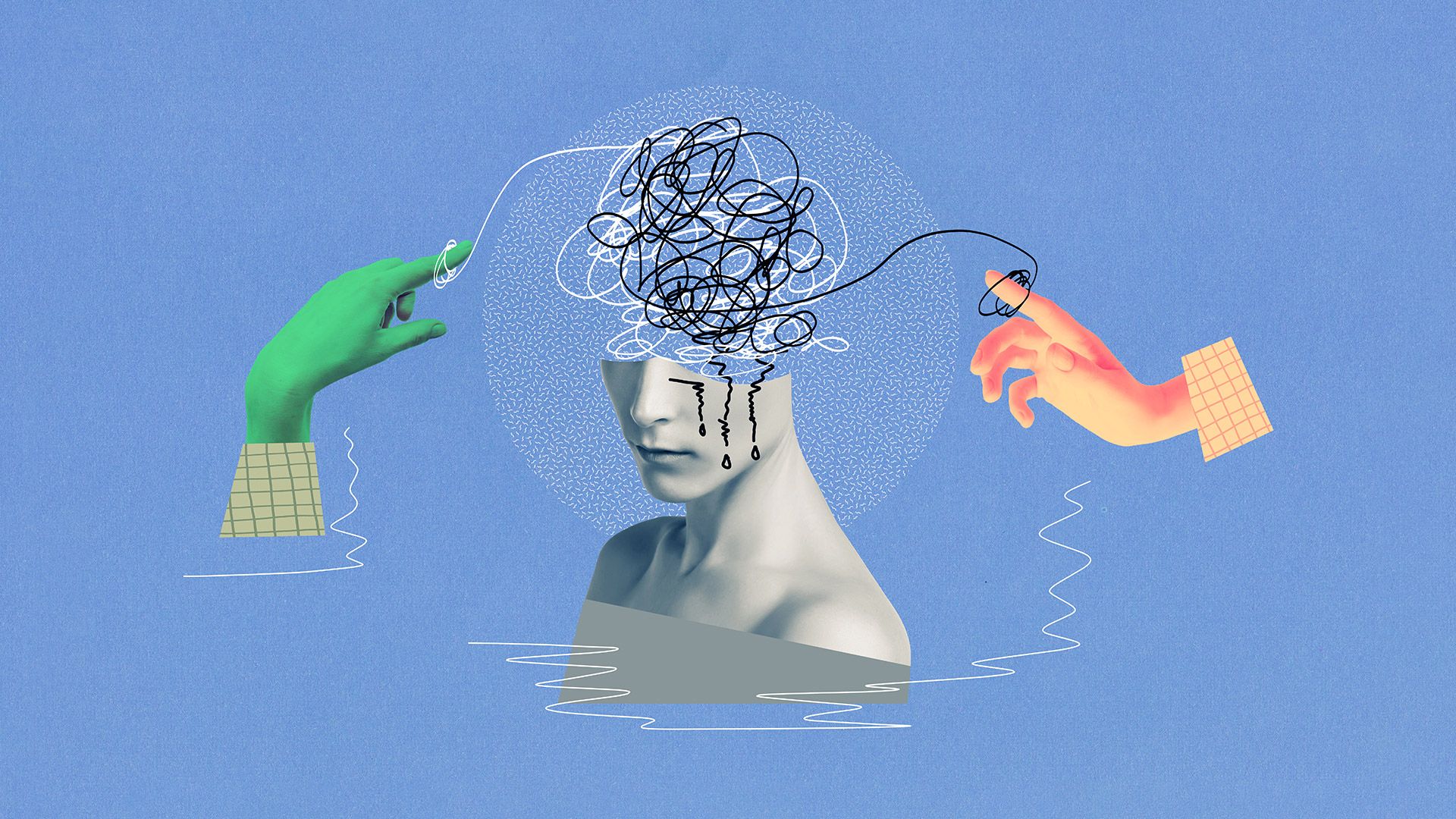Spotting Burnout and What to do
- Friday, 17 January 2025

Burnout is a state of emotional, physical, and mental exhaustion caused by prolonged stress, often related to study, caregiving, working environments or other demanding roles. Although the word is often loosely used to describe fatigue, burnout is a real condition that can affect your wellbeing.
Students who are completing many projects at once, sometimes also juggling internships or volunteer positions alongside their personal lives, are susceptible to burnout if they don’t take precautions to look after themselves and manage their time effectively.
It's important to spot the signs of burnout early so you can take action to prevent it from getting out of your control. Here’s how to recognise burnout and what to do about it:
Signs of Burnout
Burn out can showcase as physical signs, such as chronic fatigue or feeling drained even after sleep. Sleep disturbances such as insomnia or even oversleeping can also be a sign to take note of. A lowered immune system leading to more illness, alongside symptoms such as headaches or stomach aches can be signals, too.
Emotionally, burnout can present as an emotional numbness or detachment, with increased irritability frustration or mood swings. If you suffer from anxiety, this can also be aggravated.
Other signs of burnout include reduced concentration, memory problems, negative thinking, difficulty making decisions and decreased productivity or low performance and procrastination.
What to Do About Burnout
If you feel like you could be experiencing any of the above symptoms and need help, there are resources available to you. Recognising that you could be experiencing burnout is the first step.
Talk to Someone: A friend, family member, or therapist can offer emotional support and practical advice. At Middlesex University (MDX) Dubai, we have a dedicated department called the Centre for Academic Success, where two mental health counsellors will welcome you and offer expert confidential advice.
Set Boundaries: Learn to say no to additional responsibilities if you are already overwhelmed. Set clear work-life boundaries and dedicate time to getting your pre-existing tasks completed.
Prioritise Self-Care: Get enough sleep and take breaks throughout the day. Physical activity can help reduce stress and improve your mood; MDX Dubai has many sports teams you can join which will give you the opportunity to enjoy some physical activity with like-minded people.
There is also a gym available to all students. Activities such as walking, running and weightlifting have been shown to improve mental health as well as keeping your body strong.
Balanced Diet: Eating a balanced diet provides essential nutrients that support brain function, improving focus, memory, and overall cognitive performance. A variety of vitamins, minerals, and healthy fats found in foods like fruits, vegetables, and whole grains help regulate mood and reduce risks. Drinking enough water ensures proper hydration, which is critical for maintaining optimal brain function, reducing fatigue, and enhancing clarity.
Relaxation techniques: Engage in activities like meditation, yoga, or deep breathing exercises to calm your mind and body. Techniques can be found online or talk to the CAS team at university who can provide recommendations.
Change Your Environment: If possible, try to change your work environment. This might mean reorganising your workspace, finding a completely new place to study, or creating an organisation schedule that you can see clearly.
Take a Break: Sometimes, the best remedy is time away from study or the stressful situation. If you have the bandwidth, make sure you take a vacation, even a short one, to recharge. Each year our student activities team organises international trips for students which you can join, or even a day-long hiking trip to Fujairah or Hatta can help clear your mind.
Rebuild Social Connections: Spending time with family and friends can provide emotional support and foster a sense of belonging. If you’re experiencing burnout, it can be easy to become isolated, which in turn can make you feel more alone. Lean on people for support; sometimes spending time with your friends can put your concerns into perspective.
Focus on What You Can Control: Accept that some things are out of your control, but focus on small, achievable actions that can improve your situation. If it is university deadlines that are causing stress, then speak to your faculty who can talk through how to prioritise your tasks.
Continuous self-awareness is key. Check in with yourself periodically to prevent burnout before it becomes overwhelming. Are you feeling ok? Do you need to take a break? Try to be aware of your body and how it is reacting.
When to Seek Professional Help
If burnout leads to severe emotional distress or the inability to function in daily life, it’s crucial to seek immediate professional help from a counsellor or healthcare provider. At MDX Dubai, student welfare is our top priority, and we are dedicated to promoting the well-being of all students. While most students transition into university life smoothly, some may face concerns that can be easily resolved with the right support.
For any issues, our team at the Centre for Academic Success (CAS) are here to help you every step of the way. The services offered by CAS are available throughout your studies and our designated team of experienced staff are available for face-to-face meetings, you can email [email protected] to speak to one of our counsellors or to even drop in at the CAS offices for urgent matters